
Shanghai lockdown: most shops and restaurants remain shut, as stringent Covid-19 rules make normal operations impractical and beyond reach
- As few as 5,900 businesses are on a ‘white list’ that’s been approved to resume operations under strict Covid-prevention conditions
- That’s a mere 0.2 per cent of the 2.67 million businesses registered in China’s commercial hub
Shanghai’s road towards business recovery remains long and windy, as the vast majority of small retailers, restaurants and service providers are still awaiting the government’s green light to reopen.
Municipal authorities are technically allowed to approve businesses to resume in low-risk areas that had been declared Covid-free in the past 14 days, as the prelude to a formal citywide reopening scheduled on June 1 before the city returns to full normality by the end of June.
In reality, few approvals have been issued. As few as 5,900 businesses are on a so-called “white list” that’s been approved to resume operations under strict Covid-prevention conditions, a mere 0.2 per cent of the 2.67 million businesses registered in China’s commercial hub, according to data provided by Shanghai’s government.
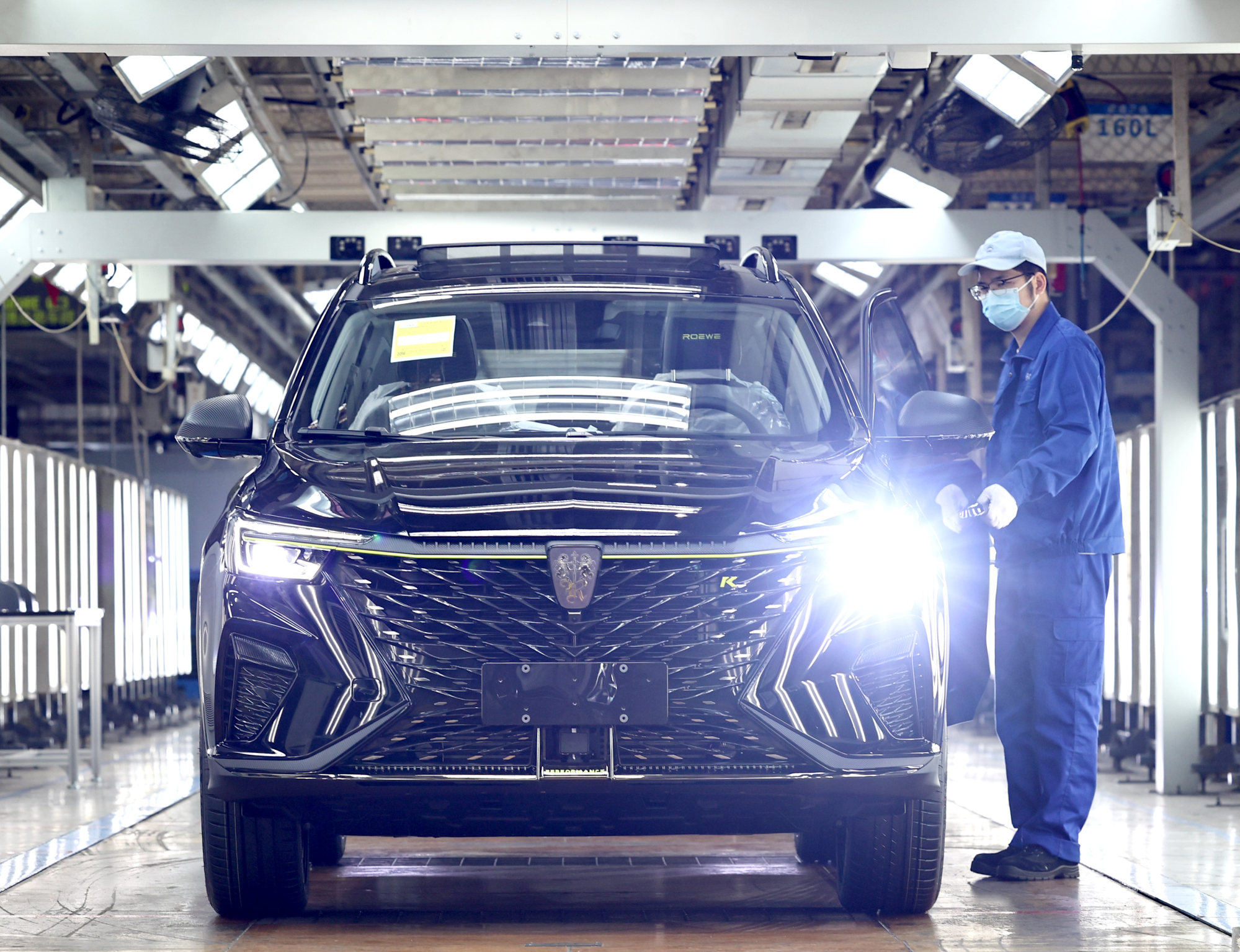
“We are desperate and hopeless, after shutting down for nearly seven weeks,” said Zhao Heng, who manages a mini supermarket called Master on Lancun Road in Pudong district. “Chances are slim that the store could make a single coin of profit this year.”
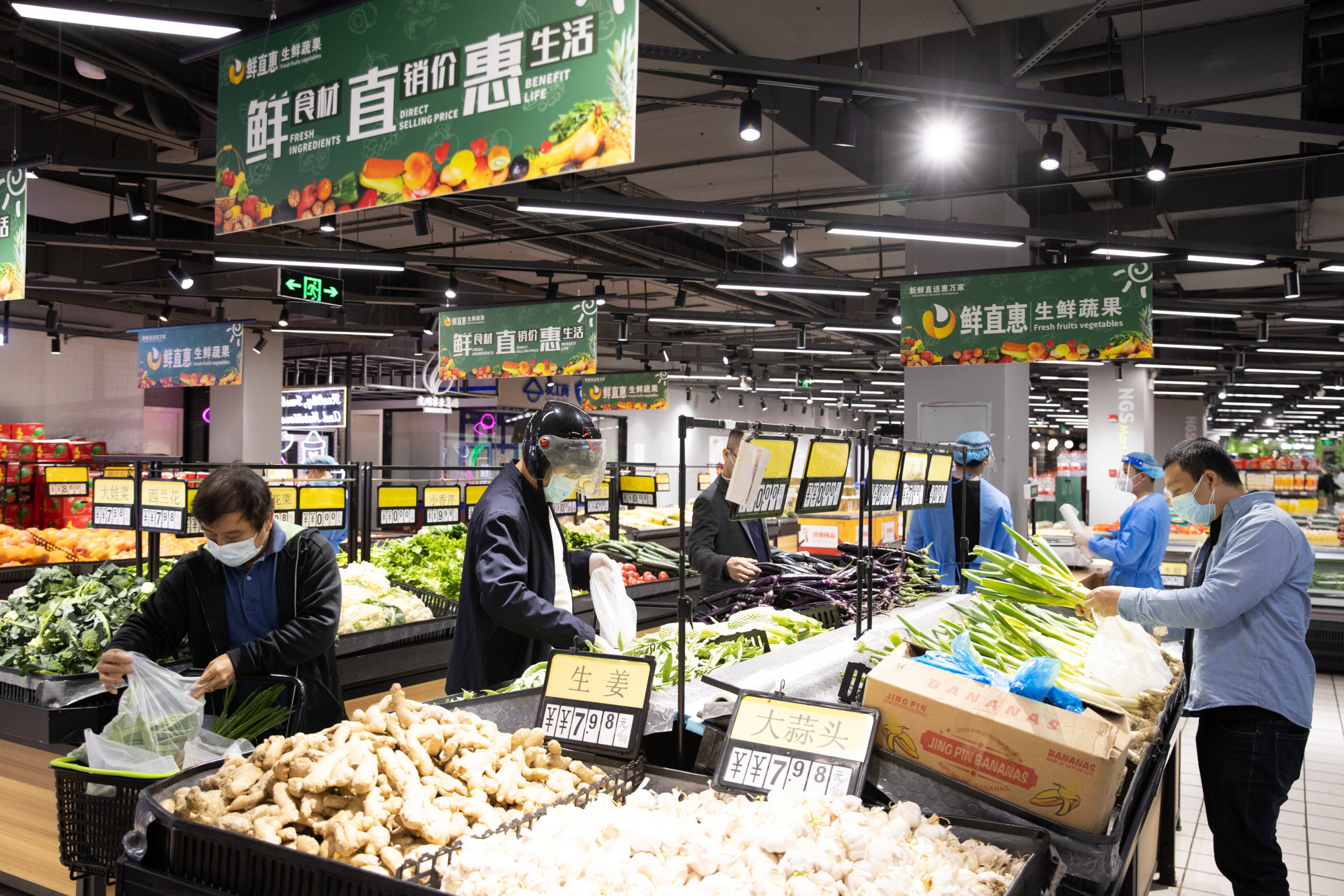
“Business environment is extremely tough this year,” said Master’s Zhao, who has six employees on staff. “We are [not sure] how long we can keep the business alive.”
Local authorities have promised a return to normality soon. Residents living in infection-free “precautionary zones” are allowed to leave their compounds to go shopping, in a phased plan starting this week to ease the lockdown.
“After losing businesses for nearly two months, small companies are already in a do-or-die situation,” said Yin Ran, a Shanghai-based angel investor. “After the lockdown is lifted, a normal model of virus prevention measures, such as a limited capacity required by the government to serve customers, will still prevent them from making profits.”
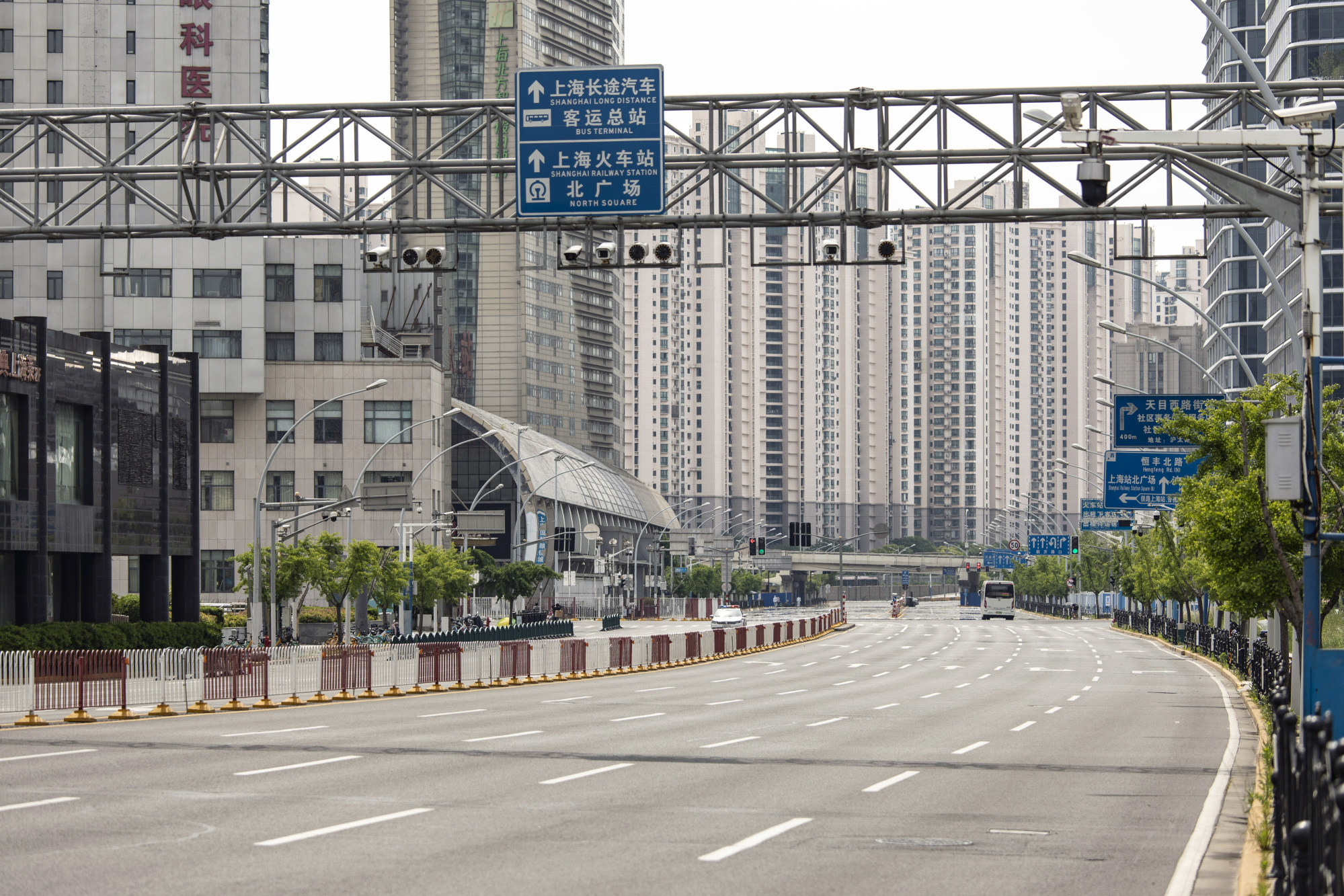
Restaurants and retail outlets must go through a series of lengthy approval procedures before they can reopen, according to an internal document reviewed by South China Morning Post. They must apply to the Shanghai Commission of Commerce to obtain the approval before reporting to the subdistrict where they are based.
The local authorities are responsible for looking into the applicants’ Covid-prevention plans before granting them the go-ahead.
After that, they are required to apply for digital codes on the local health code app for their employees and special passes for their vehicles to get on the streets.
Joe Yin, who manages a restaurant at Jing’an Kerry Centre, one of the city’s largest shopping complexes owned by Hong Kong-listed Kerry Properties, said he was still eagerly awaiting the approval for reopening amid stringent virus prevention policies.
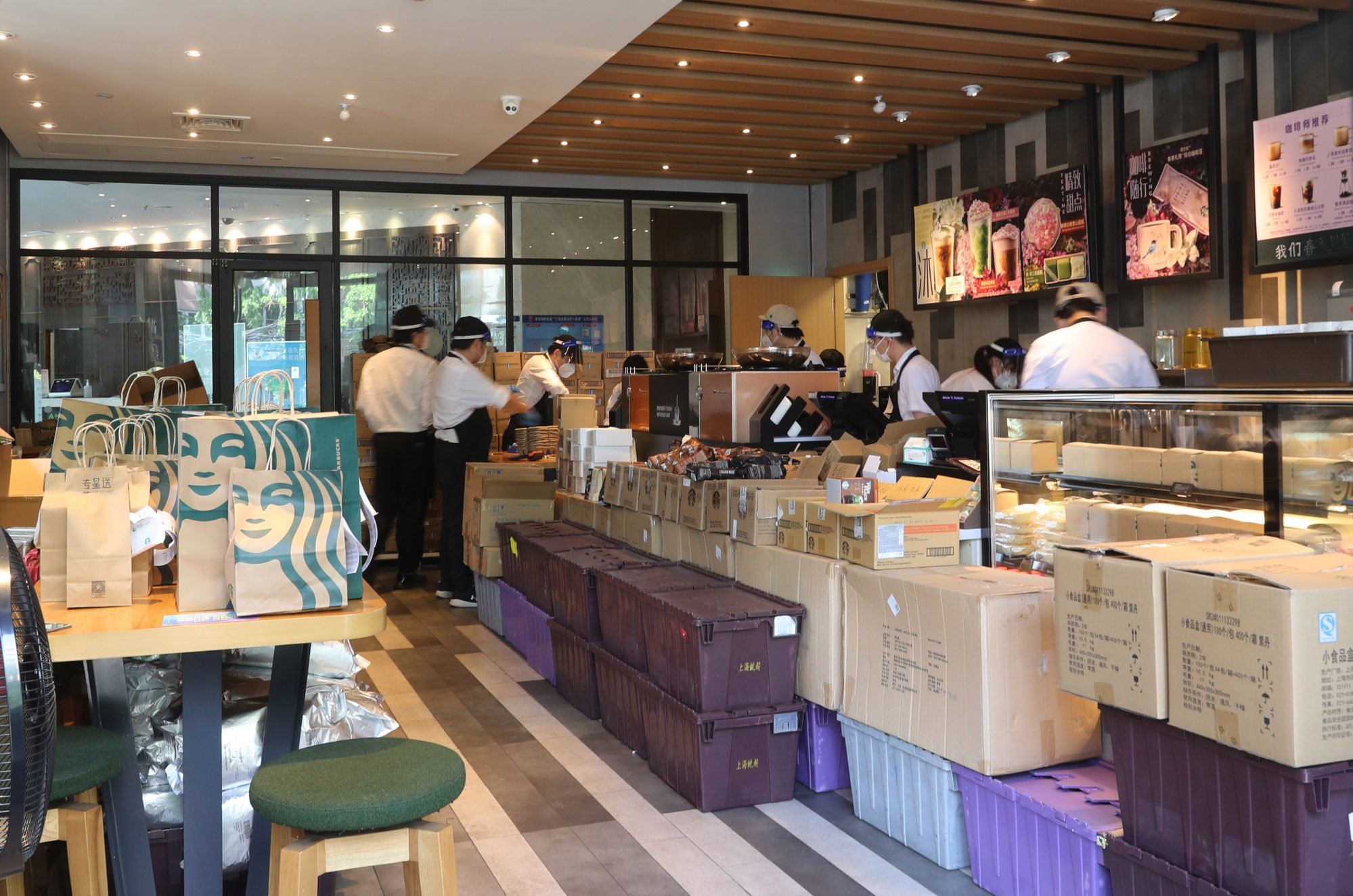
Even with the government permission to relaunch business, they are unable to resume operation soon, said Yin, the restaurant manager.
“We use both imported and domestic food, and our suppliers would also need government’s approval to return to work,” he said. “So the supply of food materials is a festering issue. We will face an incomplete supply chain in the near term.”
Moreover, his staff of more than 40 chefs, waiters and waitresses and cashiers are not able to return to the restaurant, given the restrictions on people’s movements.
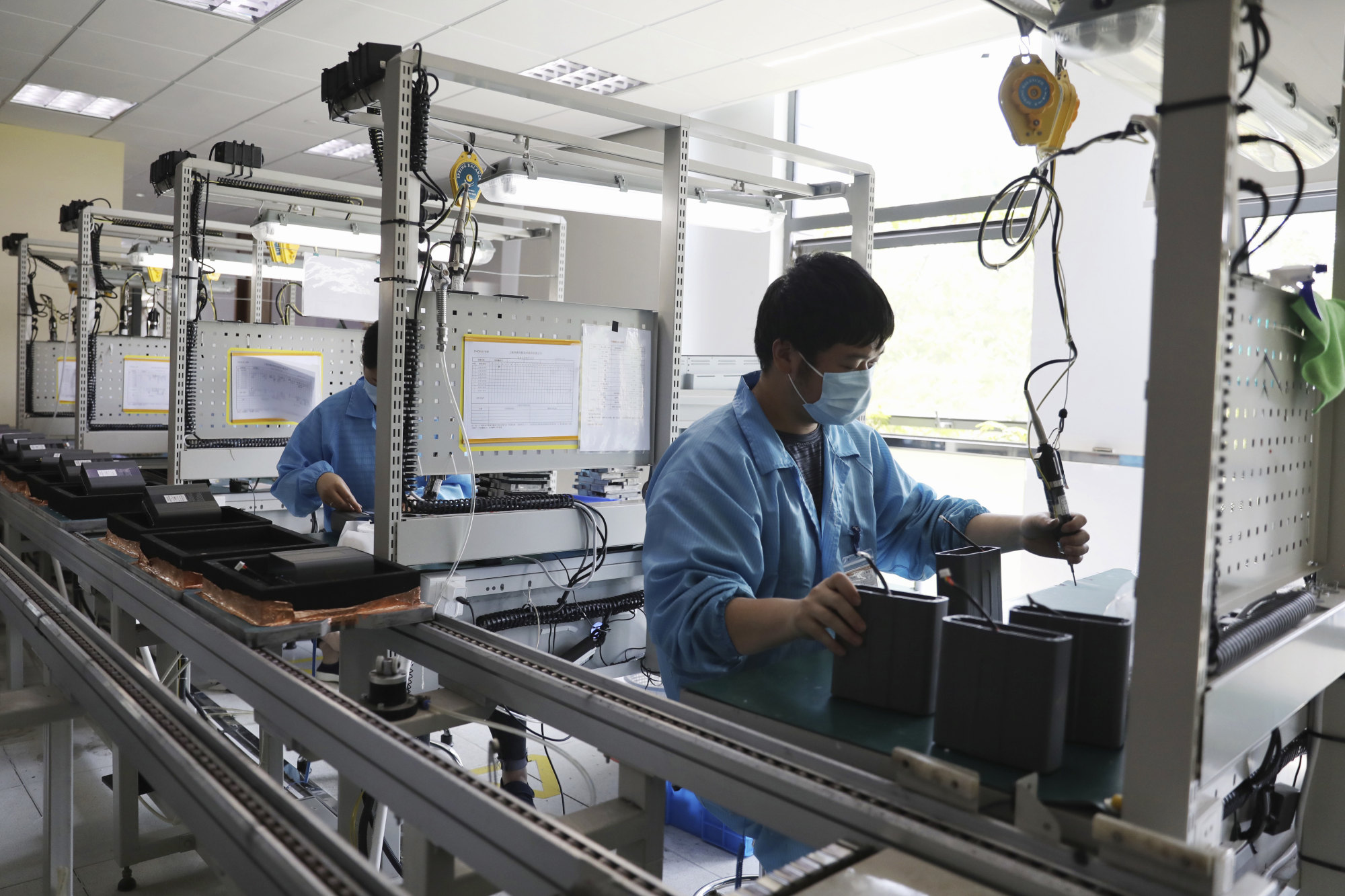
Candice Wu, the co-owner of a new restaurant in Jing’an district, said none of the shops in the 7,000-square-metre Marley M+ retail complex had been allowed to reopen by Wednesday, subject to approval by the subdistrict authorities.
But those are too early to call as they are “stuck at the get-go” by their subdistrict, Wu said. Even if she manages to get through the review, Wu said she would struggle to source enough ingredients for her Mediterranean restaurant.
“I’ve checked with our suppliers and they only have potatoes, tomatoes, celery and onions right now,” she said.


